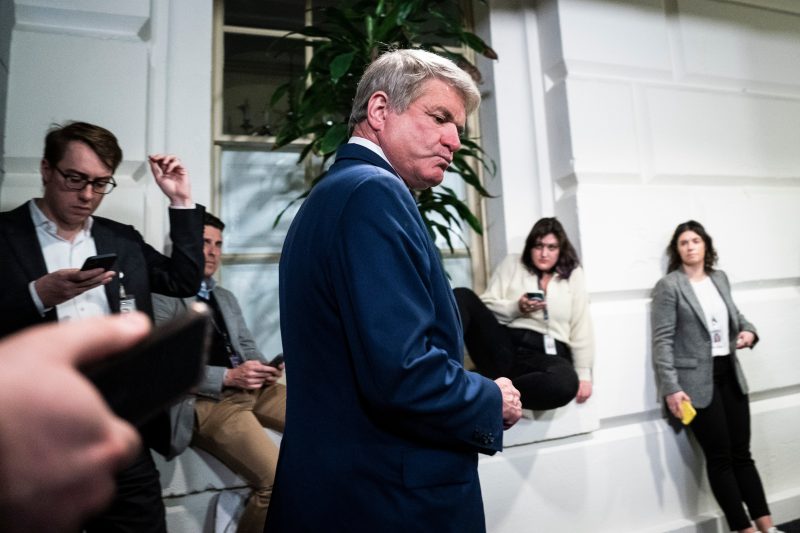Politicians have long been accused of playing dirty tricks, bending the truth, or outright lying to gain power, and the issue of propaganda has played a significant role in many political campaigns. Recently, a prominent figure in the Republican party sounded the alarm about Russian propaganda infecting the GOP.
The concerns raised by this top Republican brings into focus the growing influence of foreign entities in American politics. The specter of foreign interference in elections is not a new phenomenon, but the methods and scale of such interference have evolved with advances in technology and communication.
The rise of social media platforms has provided a fertile ground for the spread of propaganda and disinformation. Foreign actors, including Russia, have taken advantage of these platforms to sow discord, manipulate public opinion, and influence political outcomes. The spread of fake news, targeted ads, and coordinated misinformation campaigns has become a pervasive threat to the democratic process.
The use of propaganda by foreign actors is not limited to elections but also extends to shaping public discourse and policy debates. By infiltrating political parties and influencing key decision-makers, these actors can exert significant influence on the direction of government policy and international relations.
The question of how to combat foreign propaganda in politics is a complex one that requires a multifaceted approach. Enhancing cybersecurity measures, regulating social media platforms, and educating the public about the dangers of misinformation are all important steps in safeguarding the integrity of the democratic process.
Moreover, political leaders must be vigilant in identifying and countering foreign influence in their parties and campaigns. Transparency, accountability, and a commitment to truth and integrity are essential values that must drive political discourse and decision-making.
In conclusion, the issue of Russian propaganda infecting the GOP is a stark reminder of the evolving challenges facing American democracy. It underscores the need for vigilance, transparency, and a commitment to truth and integrity in the face of foreign interference. As we navigate the complex landscape of modern politics, it is imperative that we remain vigilant in defending the principles of democracy against all threats, both foreign and domestic.

